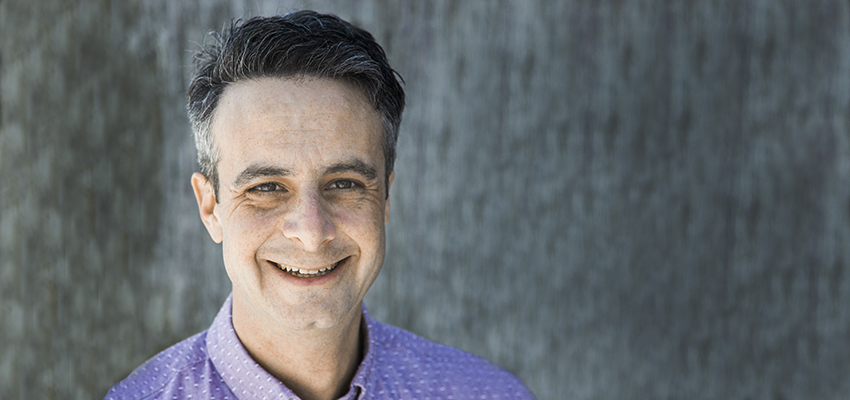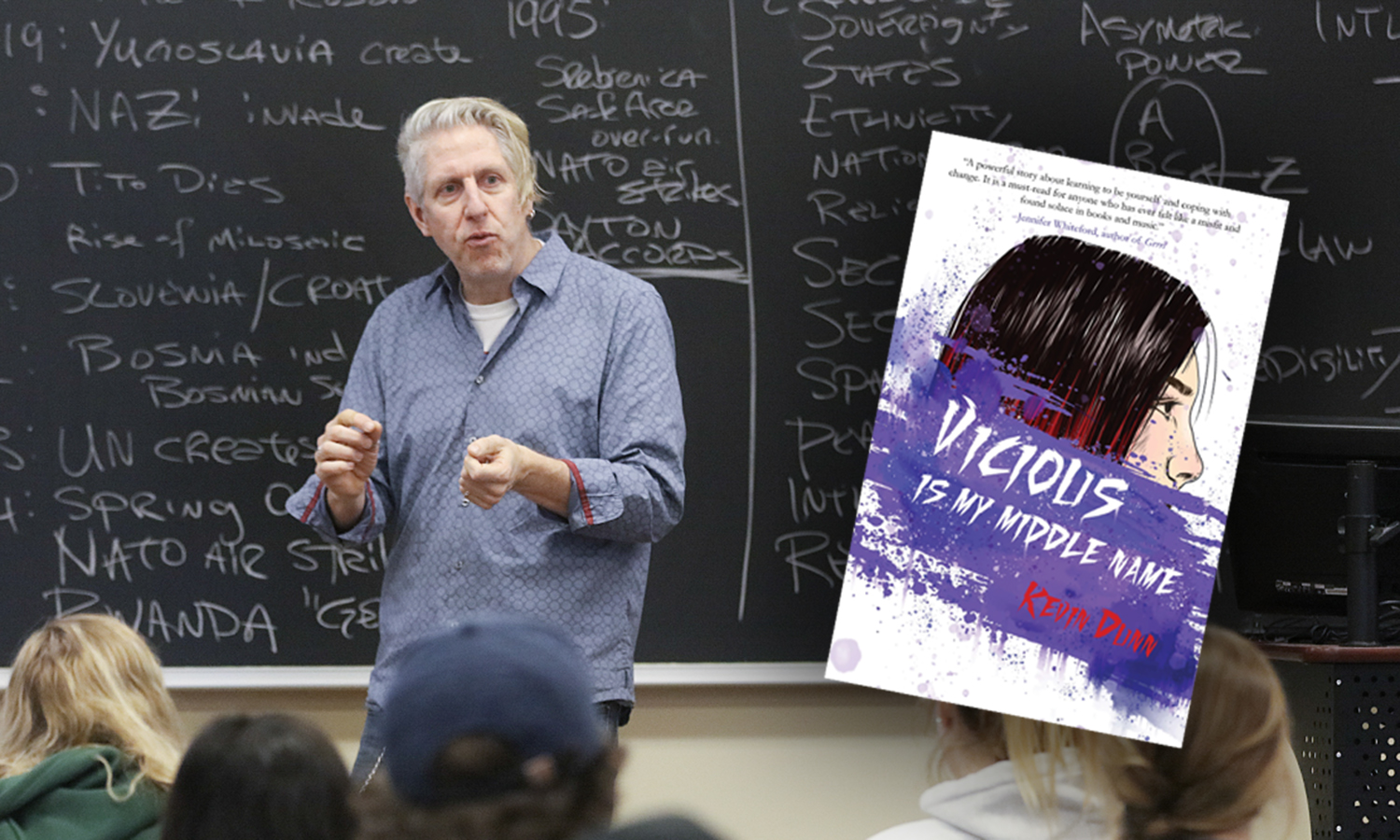
HWS News
11 August 2022 • Faculty The Internet, The Brain and Neuroscience Insights
Associate Professor of Psychological Science Daniel Graham discusses his research on the human brain with Columbia University Press, which will publish his latest book An Internet in Your Head in paperback this fall.
“When we find a good metaphor, it helps us rule out large sectors of the space of possible answers to a problem,” explains Associate Professor of Psychological Science Daniel Graham. “That is, to a scientist, metaphor doesn’t solve a problem. Metaphor says, ‘Look here, not over there.’”
In a recent interview with Columbia University Press, Graham discusses the research that informs his book, An Internet in Your Head, which argues that the best metaphor for the human brain is the internet. Columbia University Press, which published Graham’s book in hardcover last year, is scheduled to release the paperback edition in September.
“The internet metaphor aims to bring us back to a consideration of the brain’s communication problem, this time with a new and better set of analogized engineering strategies, which I hope will inspire new experimental approaches,” he explains.
Graham specializes in the field of sensory and perceptual psychology, performing experimental, theoretical and computational research related to visual processing and neuronal network communication. His research spans computational and theoretical studies of natural vision coding in the retina and visual cortex, network science approaches to understanding dynamic activity on the connectome and human visual aesthetics and art-making from a statistical/computational perspective. Earlier this year, he was interviewed about An Internet in Your Head on New Books Network and Avid Reader Podcast.
Graham is also the author of the Psychology Today blog, Your Internet Brain. His scholarship has appeared in Network Neuroscience, Proceedings of the National Academy of Sciences and Vision Research, among other journals. A member of the HWS faculty since 2012, he earned his B.A. in physics from Middlebury College and his M.S. in physics and Ph.D. in psychology from Cornell University.



